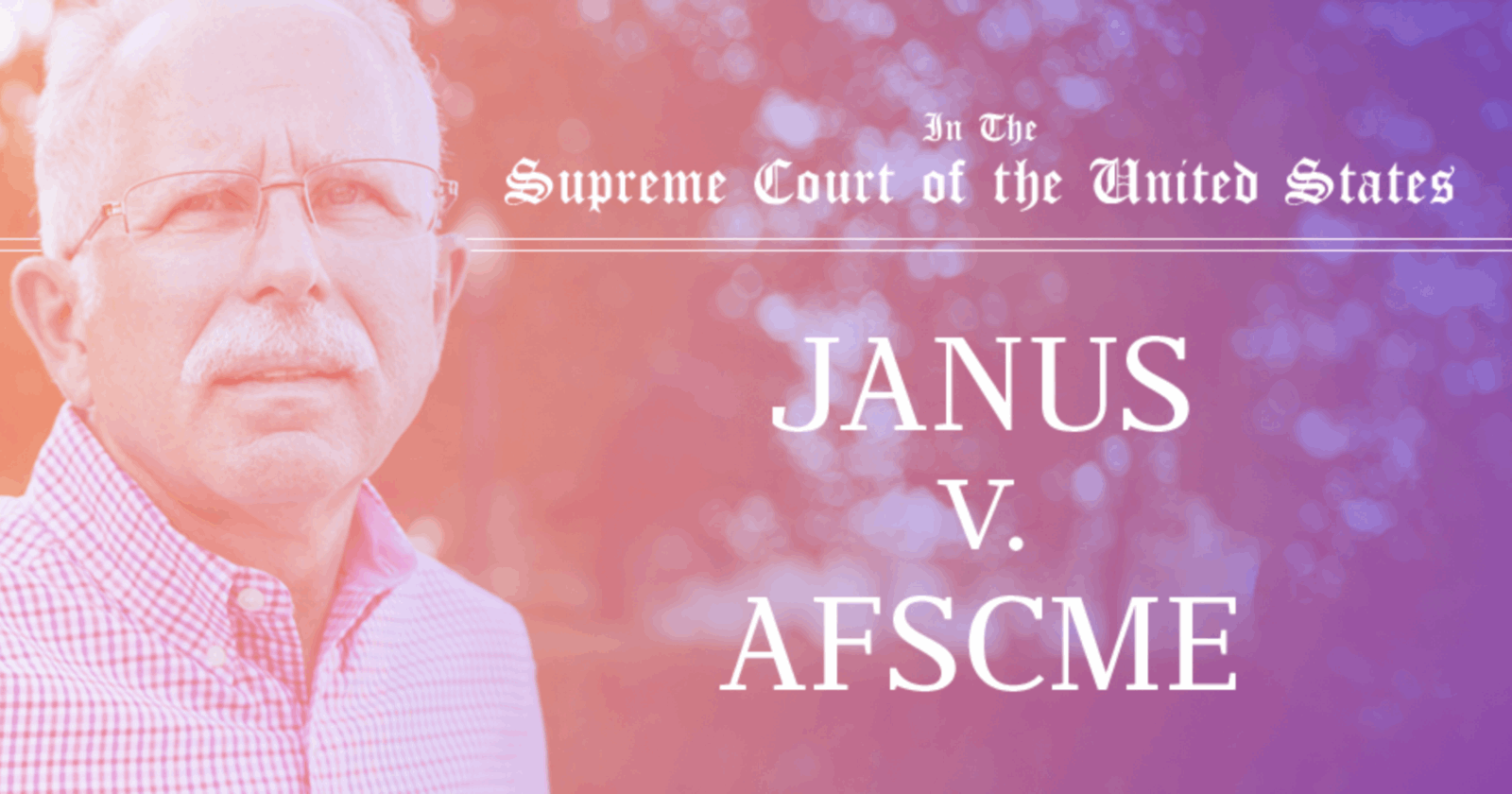In the year since the U.S. Supreme Court’s ruling in Janus v. AFSCME, many public union members may still find it’s difficult to leave a labor union in Kansas.
The Court ruled last June that requiring public employees to pay union dues as a condition of employment violates their First Amendment rights. The decision allows union members to stop paying fees to labor unions as a condition of employment.
Kansas is a right-to-work state, so the Sunflower State was prohibited from requiring employees to be union members before the Janus decision. However, once an individual joins a labor union, leaving can be difficult. Unions can establish onerous windows and timelines for submitting union resignations and continue collecting fees in the process but deadlines for severing memberships in one of the state’s largest unions are fast approaching.
Local Kansas National Education Association (KNEA) affiliates have different guidelines for when an individual can leave the union, but many local teacher union affiliates require members request to end their memberships in writing by August 10, just as the school year is beginning. Otherwise, they will continue to pay dues another year until the following resignation window, according to Garry Sigle, the executive director of the Kansas Association of American Educators. KANAAE is a professional association that doesn’t negotiate salary and benefits on behalf of its members but does offer some of the benefits of union membership, like teacher liability coverage. Membership is voluntary.
“I always suggest a teacher wanting to drop their KNEA membership should, in writing, notify their local KNEA rep requesting closure of their membership with verification,” Sigle says. “I’d also suggest they write to their local district office indicating they no longer want KNEA dues coming from their paycheck and request verification for that as well.”
Earlier this year, lawmakers attempted to make it easier for Kansans to leave labor unions. The Public Employee Right to Choose Act, Senate Bill 175, would have allowed public employees to immediately cease union membership and stop having dues withdrawn from their paychecks at any time upon written request.
The Senate Commerce Committee hosted a hearing on the legislation, but it was never forwarded to the full body. So current public employees who want to sever their union memberships must follow established timelines and revocation windows.
Union advocates said the bill was unfair.
“Proscribed drop periods and automatic renewals are something that charities and membership organizations use all the time for member convenience,” Terry Forsyth, a KNEA member, told the committee during a hearing in March. “…Consumer contracts, longer and with smaller print than a union membership card, utilize auto renewal and drop periods in a number of contexts.”

Mark Janus, the plaintiff in the Supreme Court case that bears his name, also testified. He told the committee that since the ruling he has heard from several workers who weren’t able to exercise their “Janus rights.”
“In spite of the Supreme Court’s ruling, some workers are being told their union will not let them exercise their rights until a certain period or window opens,” Janus said. “In almost all situations, these windows are set by the unions–not the workers. Some workers have even reported to me that their unions and employers say they must wait months–even years–before they can exercise their Janus rights.”
Sam MacRoberts, litigation director for the Kansas Justice Institute, says requiring public employees to continue their membership even after they attempt to disassociate violates their free speech and freedom of association rights. (Kansas Policy Institute owns both The Sentinel and KJI.)
“Forcing a Kansas employee to give money to a union they no longer want to be a part of is a serious matter requiring serious attention,” he said. “People’s First Amendment rights are at stake. If you don’t stand up for your rights, you lose them.”


